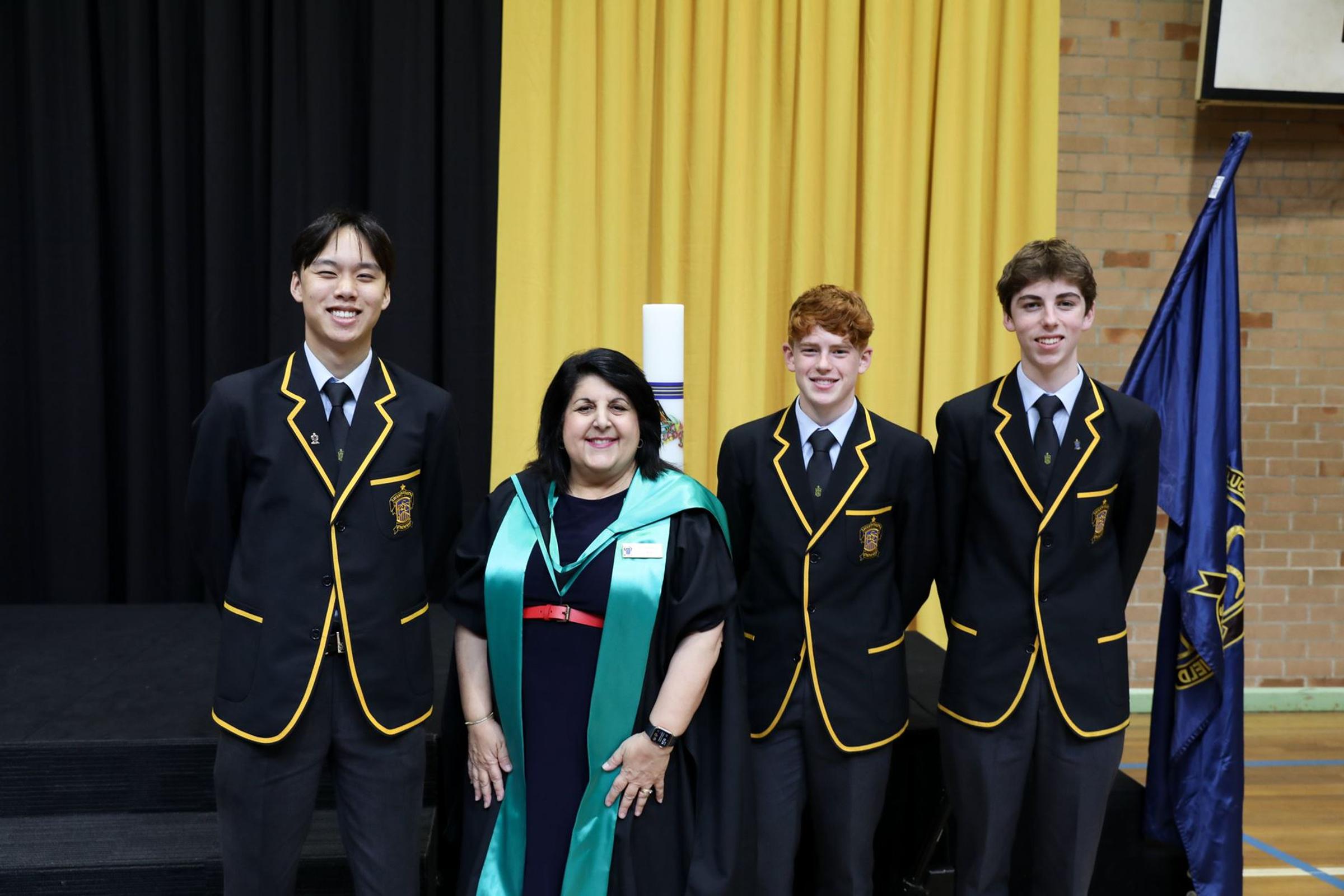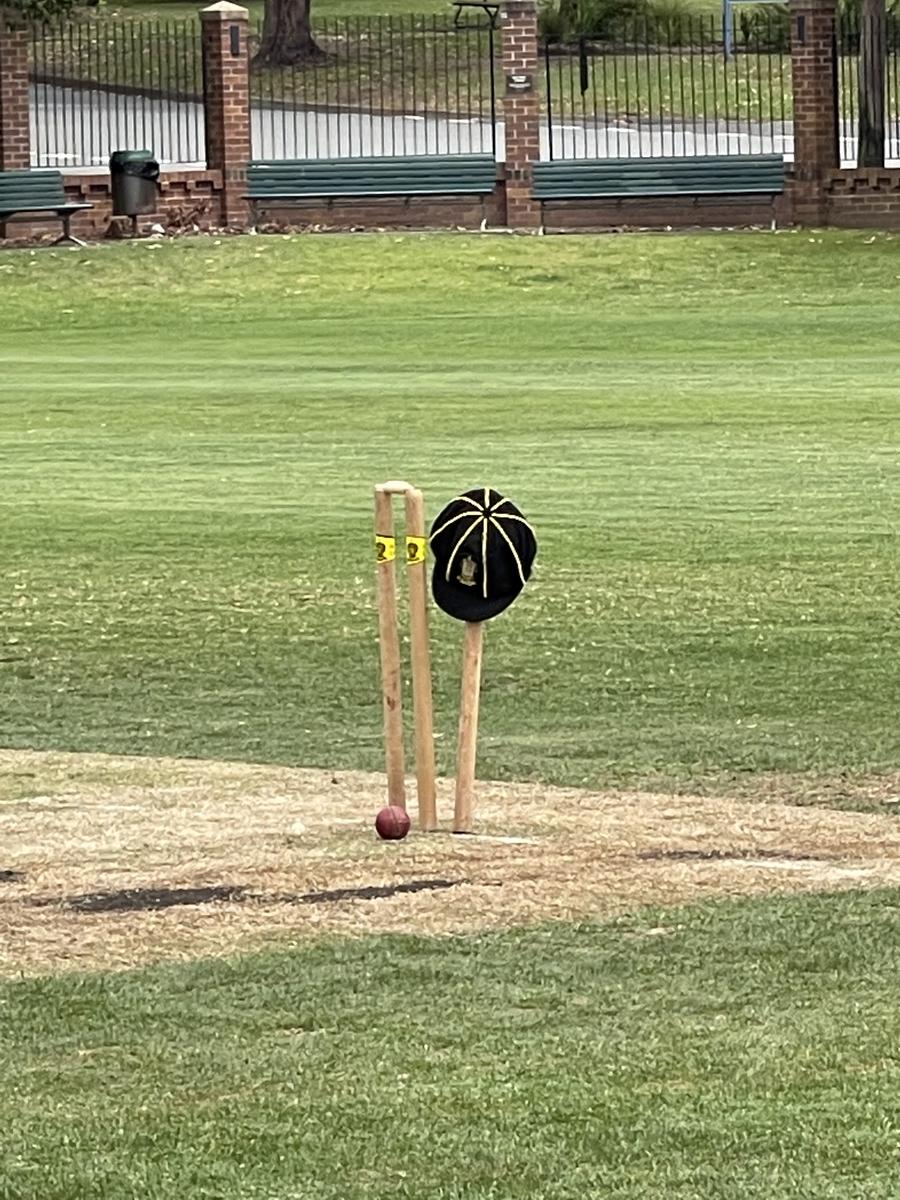Principal

Helping Your Young Perfectionist
There’s a perception in our society that perfectionism is a good thing, akin to ‘being perfect.’ That it’s something we should strive for or drop into conversation in job interviews…yet the reality is quite different.
Perfectionism leads us to place unreasonably and often unrealistically high expectations on ourselves. Essentially, it causes us to raise the bar so high that we frequently wind up feeling like failures, consumed by frustration and self-blame.
Of course, this can be very unsettling to witness in our kids and it can be hard for us to know how best to help. It can start when our children are very young and grow with them in intensity and impact. Perhaps you have a young child who refuses to draw because her drawings don’t look exactly like those of an adult artist. Or maybe your young man becomes so distressed by a small mistake in his homework, that he insists on starting all over again in his unhealthy quest for perfection.
If you have older kids, perhaps they refuse to submit an assignment because it’s not perfect, or they won’t run the cross country because they know they won’t win.
While it’s great for our kids to hold high expectations of themselves, aiming for perfection actually sets them up to fail. Their habitual ‘all or nothing’ thinking leads to the unhelpful belief that if they don’t achieve 100%, they’ve as good as flunked. Their focus on their mistakes rather than on their successes often affects their self-esteem, fuelling a vicious cycle that can lead to stress, depression and anxiety if left unchecked.
The sooner we help our kids break this unhealthy habit, the better. So, let’s look at a few tips for doing just that.
Reduce your praise
There are two ways in which we tend to praise children. ‘Content praise’ often draws attention to the end product, for example, “What a fantastic drawing!”, or to a fixed quality in a child, such as “You’re so clever”. In contrast, ‘process praise’ focuses on how your child got there. When we use process praise, we draw attention to their good ideas, problem solving approaches, effort, persistence, concentration and enthusiasm.
While it’s helpful for all children to experience more process praise than content praise, this is particularly true for children with perfectionistic traits. This allows us to draw the focus away from how impressive the end result might (or should) be and instead highlight the importance of having a go, trying their best and learning along the way.
For example, rather than saying, ‘What a fantastic drawing! You’re an amazing artist – what were you worried about?’, it’s more helpful to say something like, ‘It’s great to see you having a go at drawing. I love watching you try new things’ or ‘I love seeing the ideas you come up with when you draw’.
Of course, most of the time we needn’t praise children at all. Saying simply, ‘Drawing is fun, isn’t it?’ is often enough to provide children with that all important sense of connection.
Model making mistakes
At my children’s school when they were young, they were taught to embrace ‘flearning’ - learning through failure. Admittedly, my children witnessed me ‘flearning’ all the time at home, but in the eyes of your child, you might seem perfect. It’s helpful for your kids to see that you make mistakes too, and importantly to learn through your modelling how mistakes can be managed.
Look for (or create!) opportunities to do this. You model for your child that mistakes are okay, that they needn’t hamper their enjoyment of a task and importantly, that the end result isn’t all that matters.
Teach your child to speak to themselves as a friend
How does your son talk to himself?
Would he speak to a friend in the same way?
No? Then what might they say instead?
We all know how much our inner voice can affect how we feel. Teach your child to be kind to themselves. To be supportive, forgiving and encouraging, even when they make mistakes.
Consider how you react when your child behaves in an ‘imperfect’ way
Do you respond calmly when your child accidentally spills cereal all over the kitchen bench or do you tend to overreact? It’s important when we’re teaching our children that they needn’t be perfect, that our responses back this up.
By accepting our children as they are – wonderful, ‘good enough’ young learners – we teach them to do the same. And that’s so much better than perfect.
Leadership Team Changes for 2023
Three key members of our Leadership Team are taking the opportunity for some rest and renewal by taking some Long Service Leave in the new school year.
- Ms Gillian Daley will be taking off the entire year and the Acting Director of Identity will be Mr Adam Leslie (currently the Head of English);
- Mr Michael Cutrupi will be taking Term One off and the Acting Director of Curriculum will be Mr Nicholas Phillipson (currently the Head of Visual Arts); and
- Mr Robert Simpson will be taking Term Two off and the Acting Director of Wellbeing will be Mr Alexandros Sinadinos (currently the Head of PDHPE).
I will advise the community of other staffing changes as the year progresses. I wish Ms Daley, Mr Cutrupi and Mr Simpson all the best as they embark on this “pause” from the College and am grateful that we have such depth in our middle leadership ranks in order to take up Leadership Team positions.
In Memoriam
We keep in our prayers Mrs Rosie Salvato (Finance Office), her husband and their sons Alessandro (Year 11), Christian (Year 9) and Luca (Year 5) on the recent passing of Mrs Salvato’s father-in-law and the boys’ grandfather, Vincenzo Salvato.
We pray for Archer Gray, and give thanks for the gift of his life, and for all of the ways in which he touched our lives. Place Archer into Your loving hands Lord and receive him into Your heavenly Kingdom, where he will live forever and stand with You amongst the angels.
Our thoughts and prayers are with the Gray family, his mother and father, Susan and Andrew, brothers Finn ('21) and Charlie (Year 9), his grandparents, aunts, uncles, and cousins, William (Year 5), Hamish (Year 7), and Joshua (Year 9) Malone, Louis (Year 12), Harry ('18) and Ben ('14) Manenti.
Eternal rest grant unto them, O Lord, and let perpetual light shine upon them.
May their souls and the souls of all the faithful departed,
through the mercy of God, rest in peace.
Amen.
Dr Vittoria Lavorato
Principal
SPC boys can do anything!
**except divide by zero

